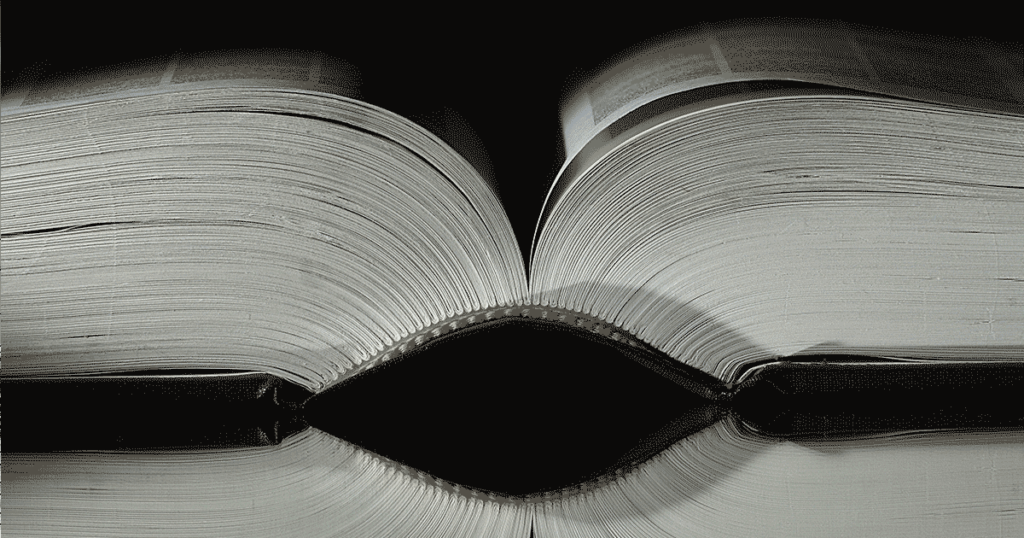
Haste makes waste, handle with care, and a stitch in time saves nine were core adages back when people knew, for instance, the difference between a sparrow hawk and a pigeon hawk, a chicken hawk and a duck hawk.
Arcane stuff, huh? And remember penny-wise but pound-foolish? Not all figures of speech have vanished, though, just neck and pet and getting to first base, which Internet porn has subsumed. Nor do we say that people are fish-eyed, lion-hearted, pigeon-toed, horse-faced, bird-brained, and so on. PIN numbers are more germane. Up the creek without a paddle is not the first trope that comes to mind when people suffer losses in the stock market in this epoch of apps.
Hurdy-gurdies, pennywhistles, and street violins. Who still really understands proverbs like Don’t look a gift horse in the mouth, or You can lead a horse to water but you can’t make him drink? The instant gratification of the Internet voids the timeframe of an organ grinder and his spider monkey, or a dobbin clip-clopping on the daily rounds of a milk or ice or trash wagon. I can remember these working animals, and also remember when seeing a weekly movie was a big deal, and when our gawkily strict third-grade teacher, Mr. Harper, was drafted to fight in World War II. Was he scared! Wars used to scare us more; now it’s entropy and dystrophy, religion’s waning grip, and ethics so ecumenically at sea. The Golden Rule and Islam’s corresponding tradition of charity and hospitality are perhaps too basic to be practiced in such fluctuating times. People have websites for whatever floats their boat. Postmasters, railway expressmen, and long-haul truckers, knights of the road, each used to embody a proud panache.
Under the weather, we will say, for when we have a bad cold, and out of the blue for a surprising event, from a realm beyond our ken. Yet the hair of the dog that bit you, for indulging in another drink when hung over, is another saw dropping from the language. Swamped and in rough waters are other figures of speech drawn from the out-of-doors we continue to use. Weather and the seas are not going anywhere during our human imperium. Bearding the lion will disappear, and although ants won’t, antsy and its like will, as our absorptions turn wholly onscreen. We’re electrified in major respects that nature is not. Conquering both time and darkness, we watch 50-year-old movies: Is everything now potentially on cloud nine? Or will even this term not survive, as the surreal mates with virtualized reality? Drones, designer babies, driverless cars—yet what’s to be done with the hours saved? More aerobics, heirloom tomatoes, even older movies, and meditation? I’m in favor of meditation and exercise while entwined with the world, either in the thick of the city or on a moss-covered boulder. The sky maintains its menagerie of clouds for those glancing upward, or perhaps a swift cirrus armada. And forest soil can smell like the origin, the very seed bank of life, if you sit down close to it.
Worth the candle, another eclipsed phrase, meant that a book was worth the cost of the candle you read it by, your eyes growing crow’s feet from squinting. Get on the stick, people would tell a procrastinator back when there were stick-shift cars. A blind tiger was a lowlife saloon or speakeasy. A high-water mark denoted top economic performance, like a corporation’s earnings or the price of its stock. The canary in the coal mine in all sorts of applications foretold disasters before they would otherwise be perceived. A bellwether rang the news of change, as did the belled lead sheep in a wandering flock.
The dollar sign emblematizes our conflict with nature, from golfing to red carpet lollapaloozing. Modern medicine leapfrogs (to borrow another abandoned simile) our biological lifespan, to crowd the globe with senior citizens and fertile childbearers. Wilderness quails. Wild lands are buffaloed. Haste has laid waste. As in the financial fiasco of the London Whale, however, or the porcine word for police, nature does still hang figuratively in our language: the supposed head-hiding of the ostrich, or playing possum, if youngsters still know about opossums. Will animation supplant natural observation to the point where we become so tightly ziplocked into an envelope of our own invention, we can’t see out through the plastic?

